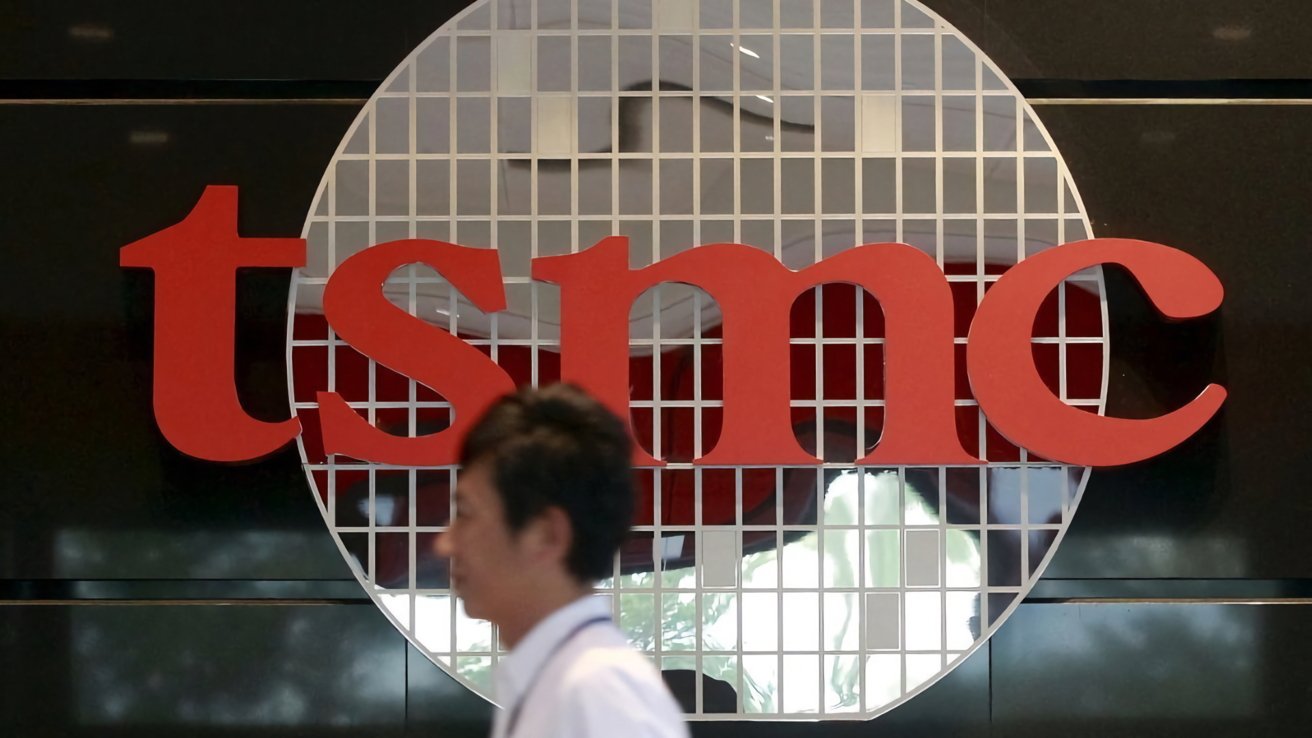Some US officials suggested that destroying TSMC facilities would be more desirable than China getting access to semiconductor production, but Taiwanese officials state that won't be necessary.
Russia's invasion of Ukraine sparked a concern that China would be emboldened by the action and invade Taiwan. That has led to the US government's contingency planning and "war-gaming" to plan out such a scenario.
One scenario that has been suggested is a plan to evacuate the island and TSMC. Getting talented engineers out of the country to a safe place would be the first priority.
However, some US officials have advocated taking the most extreme option of destroying the TSMC facilities. They'd prefer them destroyed, than have China take control of a significant portion of the world's semiconductor supply.
The war-gaming scenarios are just hypothetical, and do not represent the final plans that will be executed. But, the extreme suggestions did catch the ear of the Taiwanese security chief.
According to a report from Bloomberg, the security chief states there is no need to destroy facilities. Supply chains are so complex that semiconductor production would be impossible in the event of an invasion.
"If you understand the ecosystem of TSMC, the comments out there are unrealistic," Chen Ming-tong, director-general of Taiwan's National Security Bureau, said. "TSMC needs to integrate global elements before producing high-end chips. Without components or equipment like ASML's lithography equipment, without any key components, there is no way TSMC can continue its production."
Removing supply chains from the US and the Netherlands would render the plants useless, at least according to the security chief. China could take them over but wouldn't have the means to produce semiconductors.
However, the facilities are filled to the brim with advanced semiconductor production tools and machinery. Under new restrictions, China isn't allowed to have access to US-centric advanced semiconductor technology, so gaining such advanced gear could be a serious issue. If China could access supplies from other sources — or by invasion — it would give the country the means to skirt the restrictions.
Chen also dismissed the idea that the US would take over the facilities themselves or poach engineers.
"Those war-gaming plans are just scenarios," Chen said. "If they understood TSMC's ecosystem better, they would realize that it's not as simple as they think. That's why Intel can't catch up with TSMC."
In the event of a Chinese invasion, Taiwan has pledged to work with the US and its allies to prevent China's military from gaining access to advanced technologies. While most of TSMC still lies in Taiwan, it has also sought expansion into other countries like the United States.
The US National Security Council estimates that the loss of TSMC in a Chinese invasion could cost the world economy more than $1 trillion.
 Wesley Hilliard
Wesley Hilliard








 Christine McKee
Christine McKee
 Malcolm Owen
Malcolm Owen
 William Gallagher
William Gallagher
 Andrew Orr
Andrew Orr








-m.jpg)



